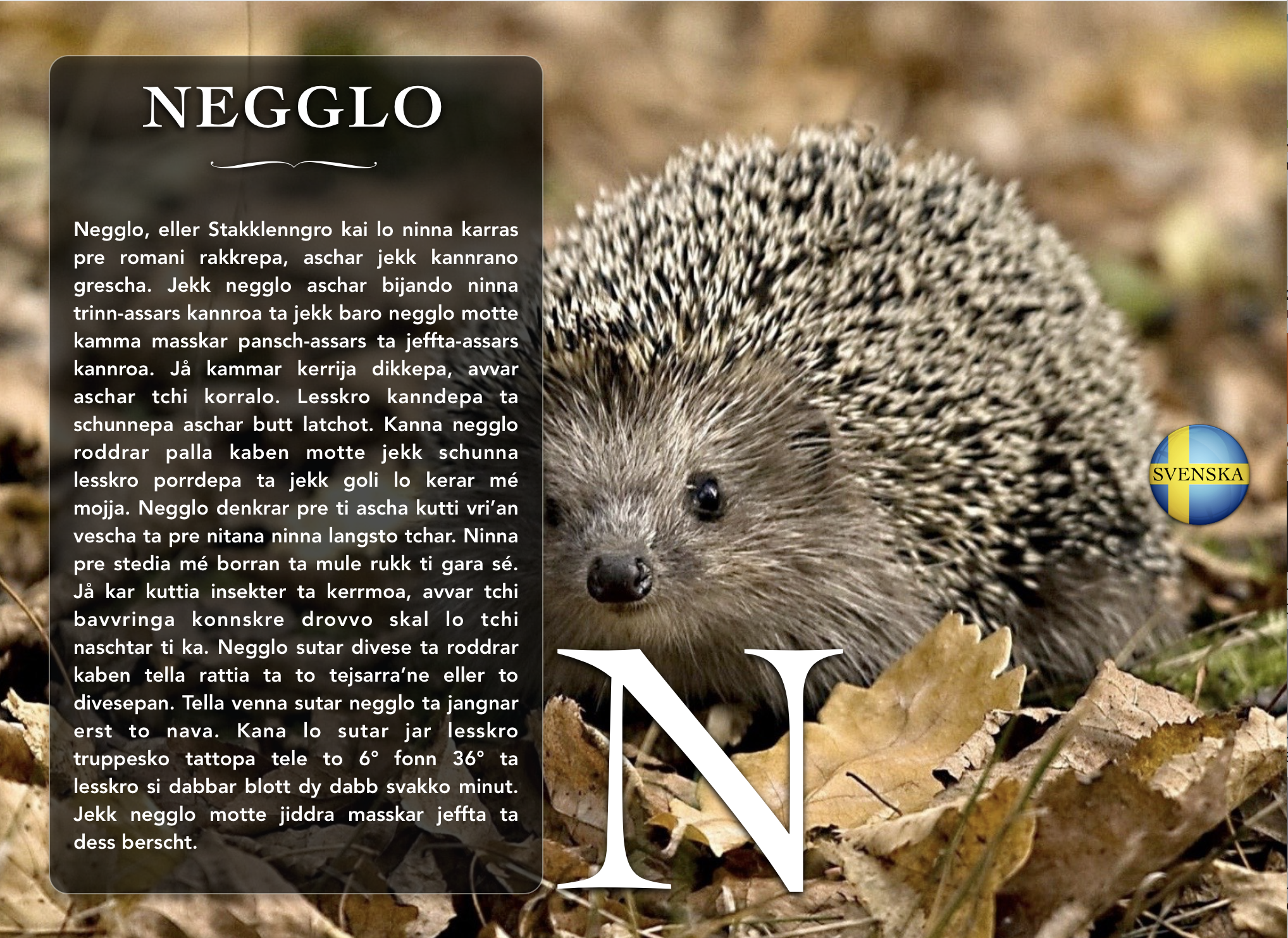Basque and gender: how a genderless language also suffers from gender inequality
Basque, or euskara, is the official language of the Basque Country. It is a well-known language for nerdy linguists. You’ve probably heard it’s a language isolate with an unknown origin, that it has a weird word order, peculiar sounds, and no gender whatsoever. Some rumours are true, for instance that its weird order is that the verb always comes at the end, like: “the woman the book reads”. The statement about gender needs a little explanation. And since I’m a native Basque speaker who happens to be a linguist writing for this blog, let me offer that explanation.
Why Basque is so special
But first, please allow me to praise my mother tongue by briefly summarising and translating … ↪







